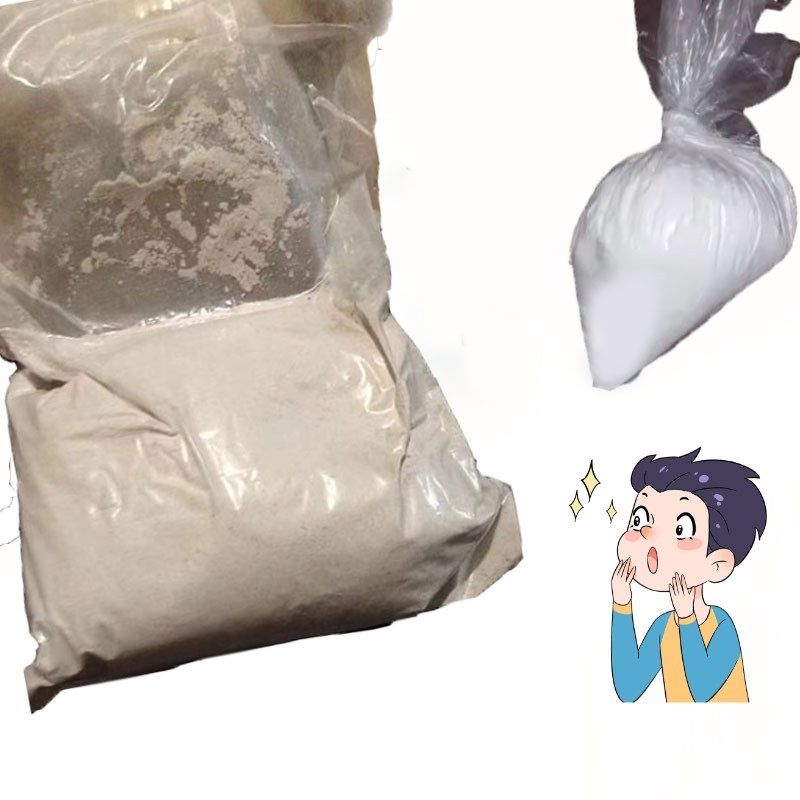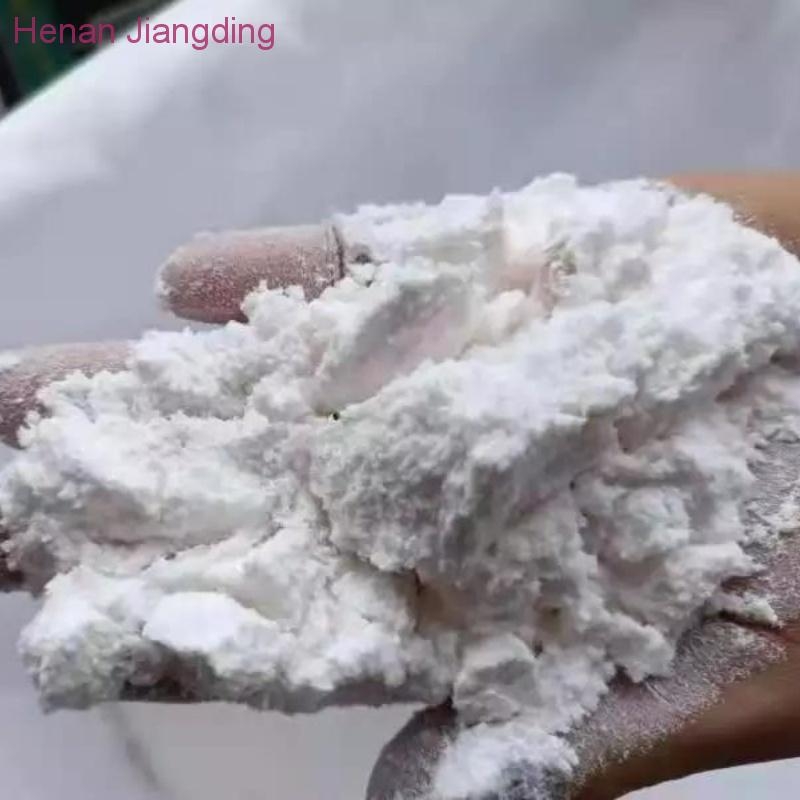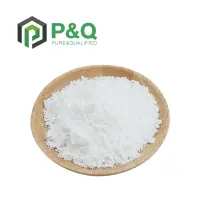-
Categories
-
Pharmaceutical Intermediates
-
Active Pharmaceutical Ingredients
-
Food Additives
- Industrial Coatings
- Agrochemicals
- Dyes and Pigments
- Surfactant
- Flavors and Fragrances
- Chemical Reagents
- Catalyst and Auxiliary
- Natural Products
- Inorganic Chemistry
-
Organic Chemistry
-
Biochemical Engineering
- Analytical Chemistry
- Cosmetic Ingredient
-
Pharmaceutical Intermediates
Promotion
ECHEMI Mall
Wholesale
Weekly Price
Exhibition
News
-
Trade Service
Responsible Editor | As the most important "digestible" organelle in eukaryotic cells, lysosomes are not only degrading biological macromolecules and damaging organelles, but also in cell nutrition perception, plasma membrane repair, signal transduction, gene expression regulation, It plays an important role in key physiological processes such as cell death, antigen processing and presentation, and organelle quality control
.
Lysosomal dysfunction can cause a large amount of degraded substrates to accumulate in lysosomes, leading to cell death and lysosomal storage disease
.
Neurons are particularly sensitive to lysosomal storage, because neurons are in a state of terminal differentiation and cannot be effectively replaced once they die.
Therefore, most lysosomal storage diseases show symptoms of neurodegenerative diseases
.
Neuronal ceroid lipofuscinosis (NCL) is a group of hereditary lysosomal storage diseases, which usually develop in infants and young children.
Patients show progressive dementia, epilepsy, vision loss and other nervous systems.
Degenerative characteristics, so it is also an early-onset neurodegenerative disease
.
The cellular characteristic of NCL is the accumulation of autofluorescent cereofuscin in neurons
.
Mutations in the gene encoding the lysosomal protein CLN7 have been identified as the main cause of late infancy NCL (vLINCL), but the function of CLN7 protein is still unclear, which greatly limits the research on the pathogenesis of vLINCL and the development of drugs.
As a result, there is no effective way to treat vLINCL
.
On December 15, 2021, Cang Chunlei's research group from the Department of Life Sciences and Medicine of the University of Science and Technology of China published a research paper titled CLN7 is an organellar chloride channel regulating lysosomal function on Science Advances
.
This study identified CLN7 as a new type of lysosomal chloride channel and explored its regulatory effect on lysosomal function
.
Researchers used lysosomal patch clamp technology to record chloride ion currents on the endosomes and lysosomes expressing CLN7, and found that this chloride ion current has many characteristics of chloride channels, including permeability to other halogen ions property of the sensitivity of chloride channel blockers and the like
.
Because CLN7 and other known chloride channels are quite different in amino acid sequence, it is a brand new chloride channel
.
Subsequently, the researchers used CRISPR/Cas9 technology to make CLN7 knockout cells and mice, and further studied the functional significance of CLN7 at different levels
.
At the cellular level, CLN7 can regulate the lysosomal membrane potential, affect the activity of another lysosomal ion channel TRPML1, promote the release of lysosomal calcium ions and activate calmodulin, thereby regulating lysosomal fusion
.
In addition, CLN7 can adjust lysosomal pH in a negative feedback manner, and cooperate with another lysosomal ion channel TPC1 to form a two-way feedback adjustment mechanism to maintain lysosomal pH within a specific range to ensure lysosomes Exercising normal physiological functions
.
At the overall animal level, the researchers found that CLN7-knockout mice showed pathological features similar to those of vLINCL patients, including the accumulation of autofluorescent lipofuscin in brain tissue and degeneration of the retina
.
In addition, the researchers analyzed the CLN7 mutations in vLINCL patients and found that these mutations reduced CLN7's ability to permeate chloride ions to varying degrees, and the degree of reduction was positively correlated with the severity of the disease in patients with these mutations, indicating vLINCL disease is caused by lysosomal chloride ion permeability defects, and rebuilding lysosomal chloride homeostasis is expected to be an effective strategy for the treatment of this disease
.
Doctoral student Wang Yayu of the Department of Life Sciences and Medicine of the University of Science and Technology of China is the first author of the paper, and Professor Cang Chunlei and Qu Lili are associate researchers as the co-corresponding authors of the paper
.
Professor Dejian Ren from the University of Pennsylvania in the United States, Professor Tian Xue and associate researcher Zhang Mei from the University of Science and Technology of China participated in the collaborative research
.
Original link: https:// Platemaker: Instructions for reprinting on the 11th [Non-original article] The copyright of this article belongs to the author of the article, personal forwarding and sharing are welcome, and it is prohibited without permission Reprinted, the author has all legal rights, offenders must be investigated
.







